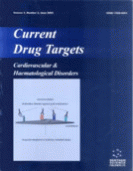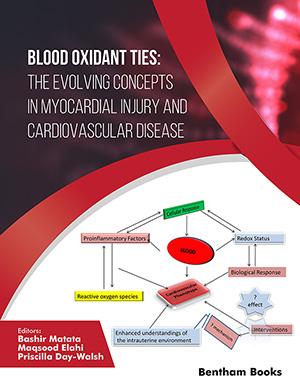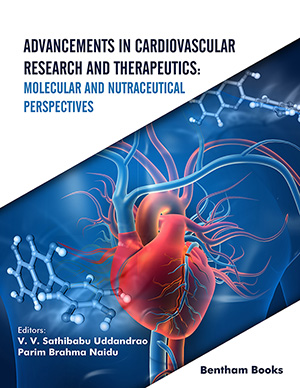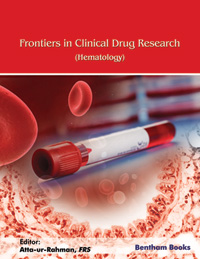
Abstract
Calcium channel blockers and HMG-CoA reductase inhibitors are widely used for the management of hypertension and dyslipidemia, respectively. The use of these agents in the prevention and treatment of cardiovascular disease remains largely based on their actions in lowering blood pressure and lipids. Recent clinical trials, however, indicate that certain members of these two drug classes may slow progression of disease to an extent that cannot be solely attributed to risk factor reduction. The proposed mechanisms for such pleiotropic actions include enhancement of endothelial-dependent nitric oxide bioavailability, anti-inflammatory activity, and inhibition of oxidative stress. To understand the basis for such effects, along with potential synergies, we will review the basic and clinical evidence that indicate a broader opportunity for treatment and protection of cardiovascular events by atheroprotection with these agents beyond risk factor management.
Keywords: Cardiovascular risk factors, calcium channel blockers, statins, endothelial function, nitric oxide
 4
4














